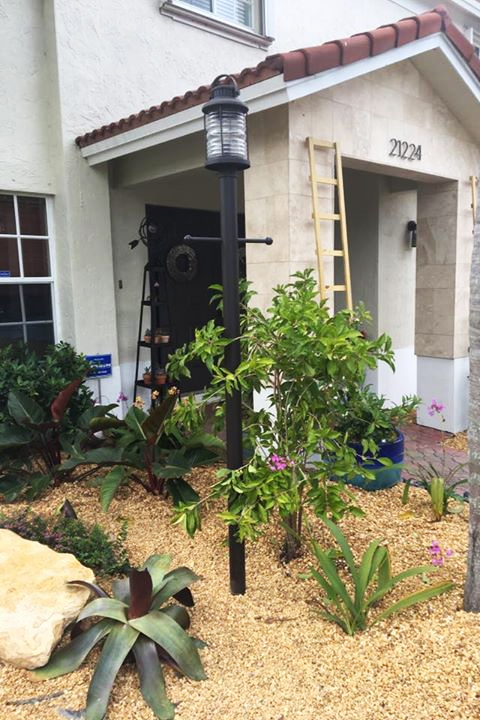
ESUCORP gives you some electrical tips that might save you a service call. Our first priority is our customers. If we can help you solve an electrical problem over the phone, we will.

We at Electrical Services Unlimited are always trying to save our customers money whenever we can. If you have an electrical question and you think we can help, please call. We'll do whatever we can to help.
